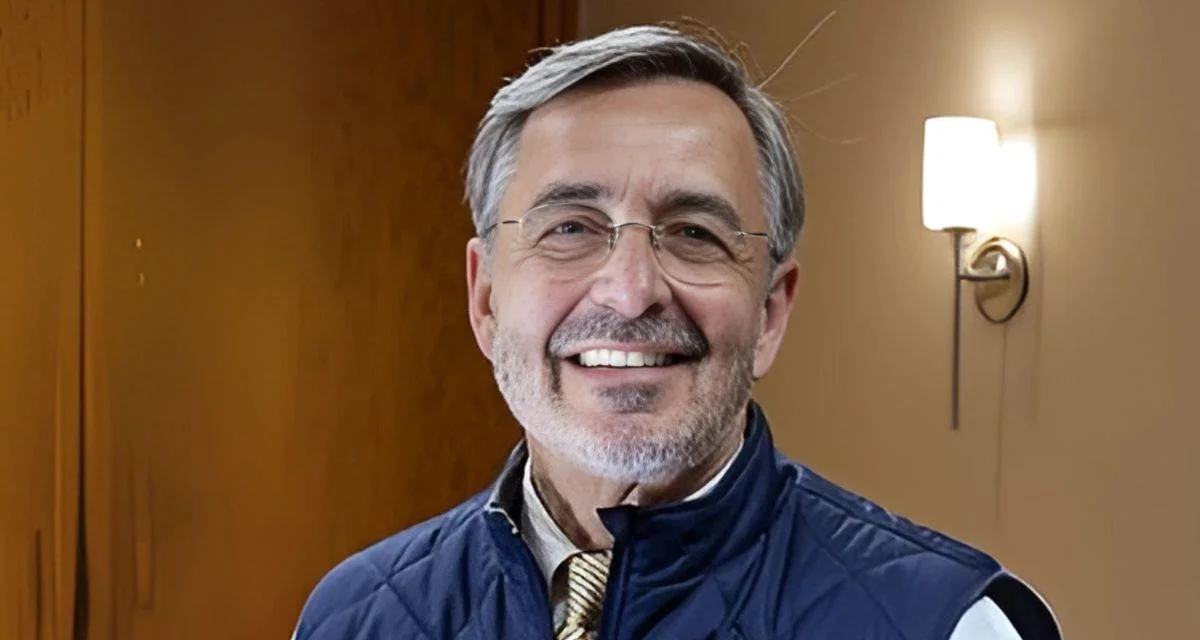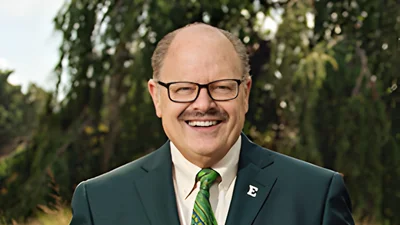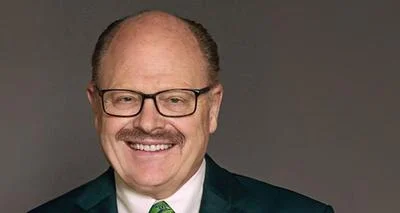Domenico Grasso, President of University of Michigan Ann Arbor | Wikimedia
Domenico Grasso, President of University of Michigan Ann Arbor | Wikimedia
When University of Michigan professor Jeffrey Sanchez-Burks hears the phrase “return to work,” he sees a contradiction. He points out that for many people who joined the workforce in recent years, the idea of returning to a pre-pandemic office environment is not relevant because they never experienced it.
Sanchez-Burks, who teaches management and organizations at the Ross School of Business, has been studying workplace changes since 2020. He notes that more than half of remote-capable jobs are now hybrid, and over a quarter of paid days in the United States are spent working from home. He says this shift is significant and not without challenges as managers and employees adjust to new ways of working.
“The real issue is our continued reliance on the language of and sentiments associated with ‘return.’ We’re stuck in a narrative that emerged in the wake of the pandemic, but the data clearly shows we’ve moved on,” Sanchez-Burks said.
He cited Gallup data showing about 52% of remote-capable jobs are now hybrid. “When leaders keep talking about ‘returning,’ it sounds less like a strategic plan and more like nostalgia for a pre-2020 world,” he added. For those entering the workforce recently, that era “is an old-timey era they never even experienced.”
The number of remote workers has increased sharply since 2019, with remote workdays rising by over 230%. Typical office attendance in both the United States and United Kingdom has dropped from four days per week to two. Globally, remote work rates are nearly five times higher than before the pandemic. According to data from the World Economic Forum, hybrid positions now make up more than half of all remote-capable jobs compared to just one in five in 2019.
Some companies have issued mandates requiring employees to return to offices this year. Sanchez-Burks explained that these policies can create tension between managers and staff: “It’s creating significant friction. From a group dynamics perspective, it’s a classic conflict over norms and perceived equity.” He said this debate goes beyond logistics; it touches on deeper questions about professionalism and commitment.
Hybrid roles have become common but do not always satisfy everyone involved. “A tacit understanding has quickly emerged that ‘hybrid’ largely means ‘no one is required to be in the office on Mondays or Fridays.’ This isn’t a formal policy; it’s a collective, emergent behavior,” Sanchez-Burks observed.
He believes success with remote work depends less on industry type and more on organizational culture. Teams that thrive focus on clear goals, psychological safety for discussing challenges, and structured collaboration rather than simply monitoring physical presence.
Sanchez-Burks also pointed out problems when leaders mandate returns to office while personally enjoying flexibility: “We’ve seen several high-profile reports... highlighting leaders who mandate RTO while enjoying significant remote flexibility themselves. This ‘rules for thee, but not for me’ dynamic is incredibly corrosive to trust.”
He described how ongoing stress has led some workers to feel numb after years of rapid change: “‘Numbness’ is a psychological response to chronic, unresolved stress... That’s not resilience; it’s a form of emotional exhaustion from the sheer velocity of change.”
Despite these challenges, Sanchez-Burks remains hopeful: “What gives me immense optimism is the ‘why’ behind the chaos... We have a rare opportunity to reimagine what work means.” If given the chance, he would shift attention away from where people work toward how they collaborate: “The future isn’t about hybrid schedules; it’s about a fundamentally human transformation of our work life—structuring our days around our deep, human needs for connection, focus and meaning.”





 Alerts Sign-up
Alerts Sign-up